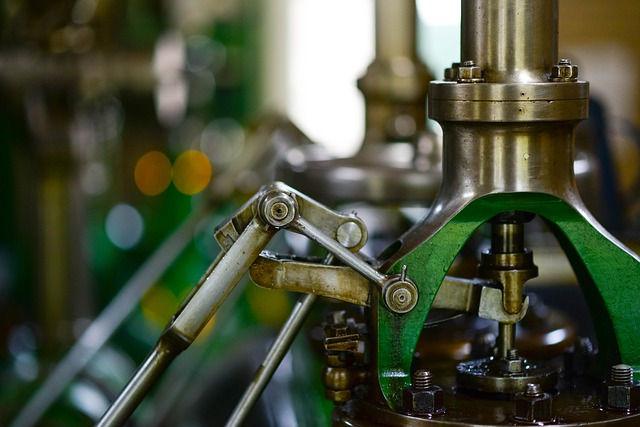
As with any financial decision pertaining to the operations of one’s business, investing in machinery and equipment can be a common—and often costly—predicament. How do you get the most bang for your buck?
While you’re probably familiar with the idea of equipment financing and leasing, it certainly pays to knuckle down on specific pointers in order to make the best financing decisions to fit with your company’s particular needs.
The following list provides a helpful guide when navigating decisions around equipment finance in Brisbane.
1. Interest rates can vary up to 2%. With a highly competitive market out there, interest rates on equipment finance are privy to high degrees of variation. Naturally, this will have a lasting impact on the overall repayment of your loan. Hence, be sure to clarify this information with your financier before proceeding with your equipment finance plan.
2. There’s little difference in financing used equipment versus new equipment. As such, spending a bit of time hunting for and investing in used equipment can be a savvy alternative if you’re working with budget constraints.
3. Private sales can be a budget-friendly approach for equipment finance. Similarly, business owners can save money on investing in new machinery and equipment by foregoing commercial options and purchasing their products from a private vendor. While the process does involve a few more steps, including rigorous inspection of the equipment, it can potentially result in bigger savings.
4. Equipment loans only cover part of the cost. An equipment loan is certainly a smart option if you wish to own the equipment outright, however it’s worth keeping in mind that this type of equipment finance will only cover a certain percentage of the price, meaning you will still be out of pocket to a degree.
5. Equipment leases are an alternative option—but should be considered wisely. While equipment leases can appear more cost-friendly at surface value, business owners should first carefully consider the necessity of the equipment to the operations of their business. If it is an integral component, you may save more money in the long run by opting for an equipment loan and therefore securing outright ownership, rather than continually renewing your lease.
6. Equipment financing is often easier to obtain than other types of funding. As a business owner, you may have found that you’ve had to jump through hoops for certain financing ventures in the past. Equipment financing generally places less demands on you and your company, as the equipment acts as collateral, therefore posing less risks to the lender. This comes with the additional benefit of potentially better rates and terms compared to other types of business loans.
7. The only hard security needed for equipment finance is, well, the equipment. This one’s a biggie, because remaining oblivious to such can send you spiralling towards the hidden dangers of concentration risk. In general, it’s ill-advised to place your equipment debt with your company’s existing bank, as it means the business equipment is essentially tied to other assets the bank holds, including real estate.




